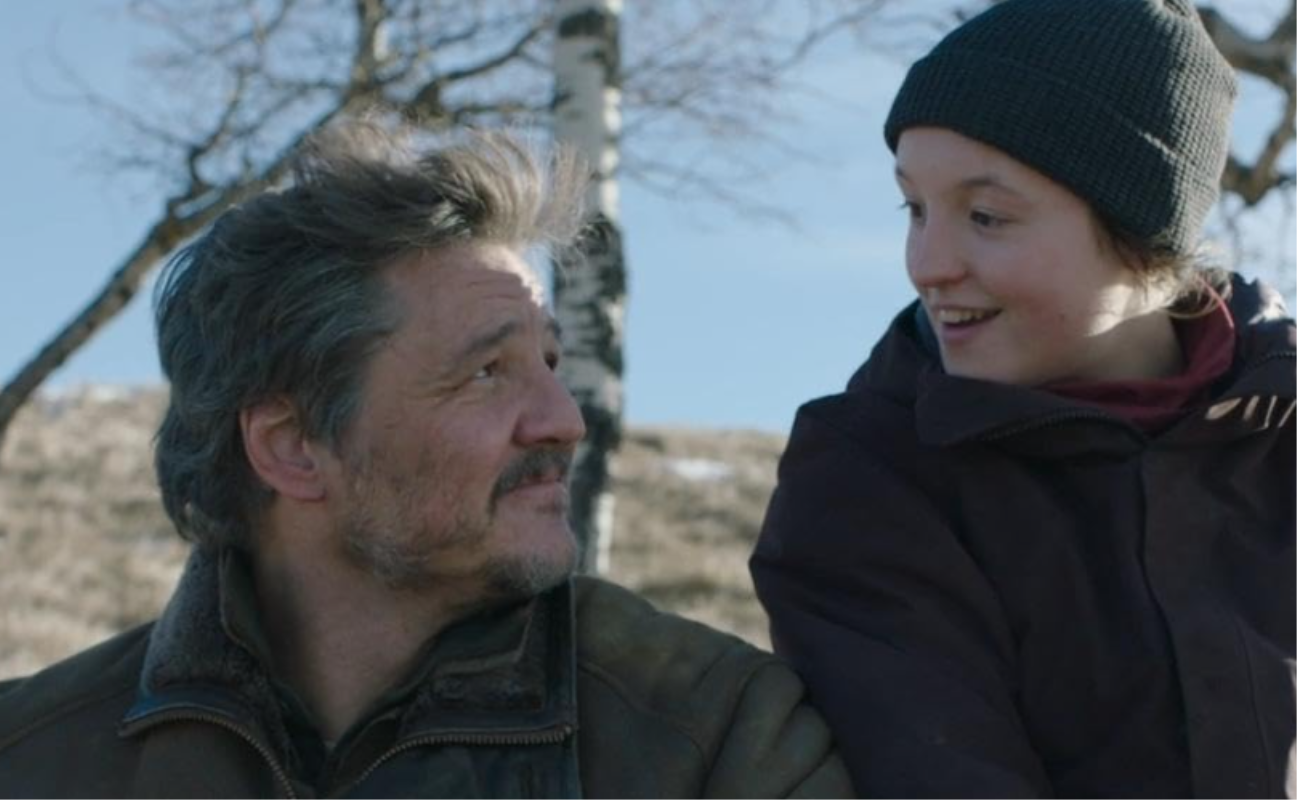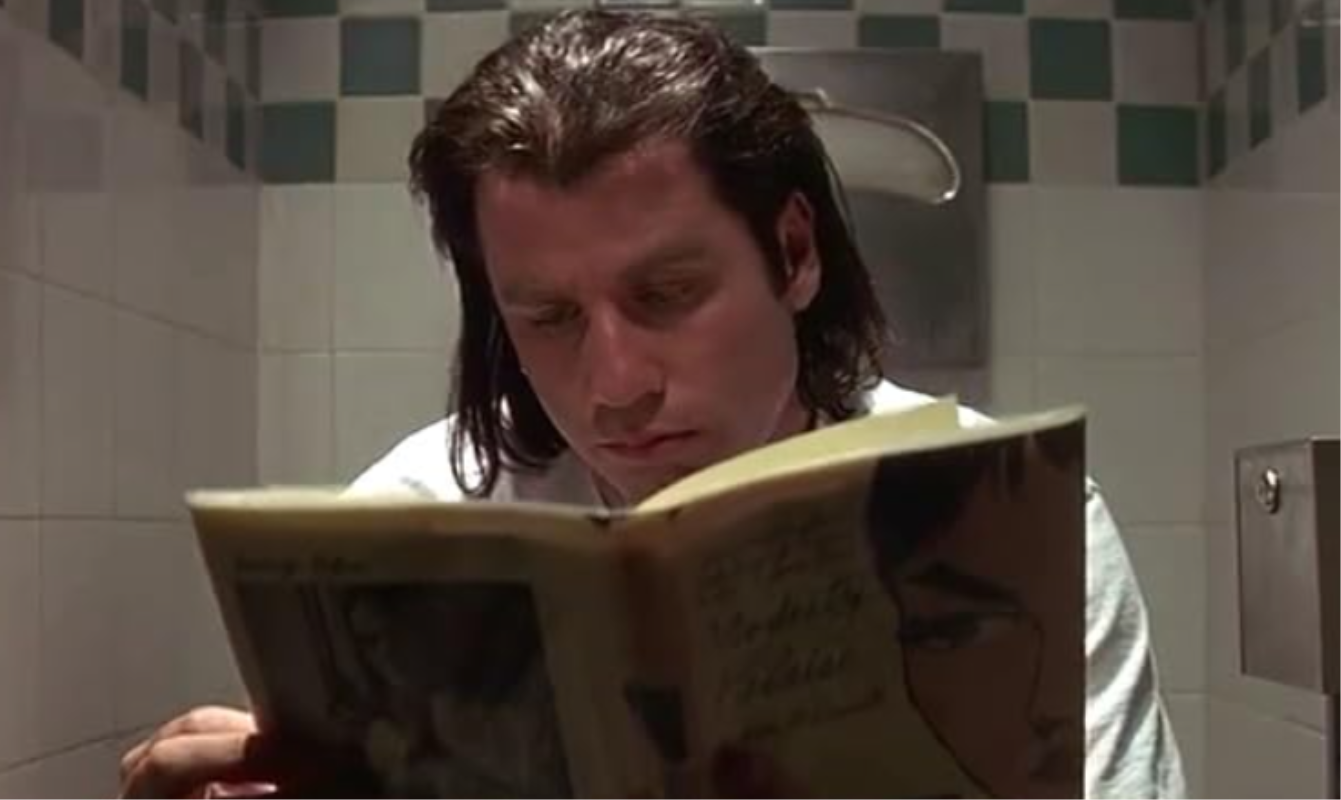Podcasts have become a fundamental part of modern life, with countless shows catering to virtually every interest. From true crime sagas to stand-up comedy and film discussions, there’s no shortage of content to explore. However, the world of podcasts is evolving quickly. While long, multi-hour conversations remain popular, short-form podcasts are increasingly taking center stage. These bite-sized episodes, some as brief as a song on a playlist, are designed to deliver quick, impactful moments of storytelling or insight.
The popularity of short-form podcasts reflects changing listener habits and preferences. They fit seamlessly into busy schedules, offering engaging content during short breaks or commutes. Their concise format also appeals to audiences seeking meaningful storytelling without the commitment of lengthy episodes. The question remains, however: are short-form podcasts a fleeting trend, or are they redefining the future of audio storytelling?
Why Short-Form Podcasts Are Booming
Short-form podcasts are gaining popularity because they fit effortlessly into today’s busy lifestyles. Whether it’s a short episode played during a morning coffee routine or a quick story squeezed into a lunch break, this format caters to busy schedules and the needs of multitaskers.
Attention spans, or perhaps the lack of them, also drive this trend. While there is still appreciation for in-depth, two-hour explorations of niche subjects, shorter episodes offer a snappy burst of humor, insight, or storytelling without requiring significant time commitments. This concise format aligns with the preferences of listeners seeking efficient, engaging content.
Streaming platforms such as Spotify and Apple Podcasts are increasingly prioritizing bite-sized episodes in their curated lists. Shorter episodes are more likely to attract new audiences when the time investment required is minimal. For creators, the short-form format means faster production times and less editing, enabling more frequent releases. This approach benefits both creators and listeners, making the format a win for all involved.
The Appeal of Short-Form Podcasts
Short-form podcasts are gaining attention because, when executed well, they function as streamlined, efficient storytelling platforms. These episodes eliminate unnecessary elements, avoiding extended intros featuring multiple sponsor acknowledgments or off-topic tangents unrelated to their core message. Instead, they distill content to its most essential and impactful form.
Consider The Daily by The New York Times as an example. While some episodes approach the 30-minute mark, the shorter ones excel by providing well-curated news segments that keep listeners informed without overwhelming them. Similarly, Everything Is Alive offers creative, thought-provoking interviews where everyday objects are brought to life, combining poignancy and humor within 20 minutes or less. The format ensures the content remains engaging without overstaying its welcome.
Another standout application of short-form is in serialized storytelling presented in condensed formats. Take The Truth, for instance, an anthology of fictional "movies for your ears." These concise episodes are masterfully crafted, packing the twists, emotions, and impact of a full-length film into just minutes. The result encapsulates the kind of storytelling that delivers significant emotional payoff in a fraction of the time.
For creators, this format offers opportunities for artistic and logistical freedom. Without the pressure to meet the conventional one-hour runtime, they can experiment with unique concepts and formats, tailoring content to specific niches. The shorter runtime also lowers production demands, enabling faster turnaround times and more frequent releases. This flexibility has paved the way for diverse, experimental podcasts to thrive, allowing creators to focus on delivering high-impact episodes with strong replay potential. The accessibility and efficiency of short-form podcasts make them a game-changer for both listeners and creators alike.
Short vs. Long-Form Podcasts
Long-form podcasts are vital in the audio landscape, serving as companions for road trips, deep dives into niche topics, or extended moments of reflection. Iconic shows like WTF with Marc Maron or Dan Carlin’s Hardcore History exemplify this format's power, with the latter's marathon six-hour episodes becoming something of a cultural hallmark. Certain stories or conversations require this time to unfold fully, and this style remains both respected and indispensable.
However, the growth of short-form podcasts has not replaced long-form content; instead, it has carved out a distinct and equally valuable space. Long-form excels at offering depth and fostering intimacy, while short-form shines in its precision and adaptability. A detailed exploration of the Coen brothers' use of allegory suits a long-form podcast, but a quick 15-minute take on the latest blockbuster’s unexpected fan theories can deliver just as engaging an experience in a shorter time frame.
Short-form podcasts also bring a democratizing effect to the podcasting world. The resources and effort required for a high-production, two-hour project can be daunting for beginners. By contrast, recording 5- to 10-minute episodes lowers the barrier for entry, making podcasting more accessible to aspiring creators armed only with a microphone and big ideas. This format mirrors the ethos of indie short films—not less ambitious, just more concise.
The advent of short-form formats has opened new avenues for storytelling. By removing unnecessary elements and focusing sharply on core ideas, creators craft meaningful, impactful episodes that fit seamlessly into a fast-paced world. These formats prove that storytelling can thrive at any length while retaining its ability to captivate and inspire.
Storytelling in the Age of Shorter Formats
Short-form podcasts are reshaping the definition of a good story. Much like short stories and novellas in literature, these podcasts demonstrate that brevity can enhance impact. By focusing on what truly matters, they prove that it doesn't take three acts or 45 minutes to make an audience laugh, cry, or feel awe. Instead, they distill storytelling to its most powerful and essential elements.
An exceptional example of this is Radio Atlas, which translates foreign-language audio documentaries into concise English. These intimate, 20-minute episodes offer immersive storytelling, capturing profound human experiences in a tightly refined format. Another standout is Science Vs, a fact-driven series that dismantles myths with precision and science-backed insights in easily digestible episodes.
While short-form storytelling podcasts may lack the sprawling depth of narrative-driven series like S-Town, they excel in their unique ability to captivate and evoke emotion almost instantly. These are micro-stories, tailor-made for a world that values meaningful content delivered with efficiency. By reimagining how stories are told, short-form podcasts blend creativity and accessibility to leave a lasting impression in a fraction of the time.
Reshaping Engagement and Monetization
Short-form podcasts present a brilliant opportunity from a business perspective. They cater to an audience that values efficiency, offering content that fits seamlessly into busy schedules while encouraging repeat listens. Whether it’s a quirky 5-minute installment or a fast-paced episodic series, these podcasts excel at engaging audiences and leaving them eager for more.
For advertisers, short-form episodes provide targeted and impactful opportunities to connect with listeners. A concise 15-second ad is more likely to be received than skipped, increasing the chances of engagement. The shareability of shorter episodes enhances their viral potential. A quick, impactful podcast can easily be sent to friends or shared across social platforms, amplifying its reach organically. This word-of-mouth factor becomes a key driver of growth and success, making short-form podcasts a compelling choice for creators and advertisers alike.
Short-form podcasts are reshaping the boundaries of creativity within audio content. Whether you’re after a 10-minute true crime hit, a single-act dramatic story, or a concentrated shot of humor from rising comedians, there’s a short-form podcast out there filling that space. They’ve proven that storytelling doesn’t need sprawling timelines or endless monologues to leave an impact.







